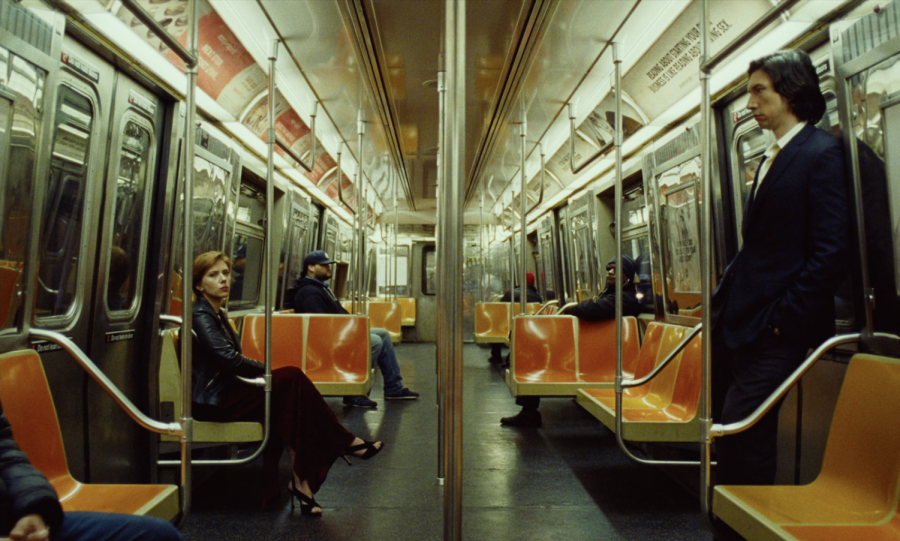“Marriage Story” poignantly highlights human fallibility
January 30, 2020
This movie destroyed me.
Closing the Netflix tab on my laptop as the credits rolled, I was left emotionally drained and exhausted.
The only thoughts running through my head were those about the futility of love, the nature of heartbreak and how I would likely never watch the film again. Not because it was terrible, but because of how great and resonant it was.
“Marriage Story,” directed and written by Noah Baumbach, is a Netflix original movie that portrays a couple, who still have great affection for each other, going through a divorce in the most good-natured way possible, but having the process devolve into a devastating and hurtful break.
Charlie (Adam Driver) and Nicole’s (Scarlett Johansson) journey from loving partners to estranged divorcées is one of building tension, as they move further and further away from the amicable split they both intended and closer to an all-out war over what their marriage was and who deserved what.
Switching between the perspectives of Charlie and Nicole, the audience can understand both sides of this story, seeing both the suppression of Nicole’s voice and independence that she perceives, as well Charlie’s confusion and frustration at losing control over his life and son.
Their eight-year-old son Henry (Azhy Robertson) serves as the emotional core of the film and the divorce, with the fight over custody over him resulting in the dirtiest tricks and the darkest behavior from both sides. While both claim to be looking out for the boy’s best interest, the couple’s infighting and tactics to win his favor only disrupt his life further.
Charlie’s exasperation as he slowly sees his son become alienated from him is heartbreaking, a stark contrast from the positive, cohesive family shown in the opening scene, where Nicole and Charlie recount the things they love about each other.
These feelings are driven home by the outstanding performances from Driver and Johansson as they escalate their feud, believably portraying a couple that could’ve been together if it wasn’t for their individual idiosyncrasies, ambitions and needs.
Outside of an intense and shattering argument scene that broadcasts both actors’ ranges to great effect, the more understated moments stand out, whether it be closing a gate together from opposite sides or the awkward moment when Charlie realizes he is being served divorce papers.
One particularly memorable scene has Nicole, in Los Angeles, and Charlie, in New York City, sing different songs from the musical “Company” pertaining to their new lives and reflecting on their individual emotional states. Charlie’s subtle realization that his life is changed as he sings the words “alone is alone, not alive” is especially moving and drives home the impact of the narrative.
Laura Dern’s performance as the divorce lawyer, Nora, is also note-worthy, as her sympathetic but cloying attitude sickens the audience as the film goes on.
At the end, viewers are only left with regret, anguish and hostility. Life goes on, but is it all worth fighting for? Things change, and we can only move on—despite whatever goals or investment we might’ve previously had.
Baumbach’s emotionally raw narrative of life and its many needs is ultimately one of human fallibility and our tendency to devolve when the going gets rough. Though the film ends on a slightly hopeful note, both Charlie and Nicole, as well as the audience, know that nothing will be as it was previously. It’s a shame, but all we can do is live and continue on.



